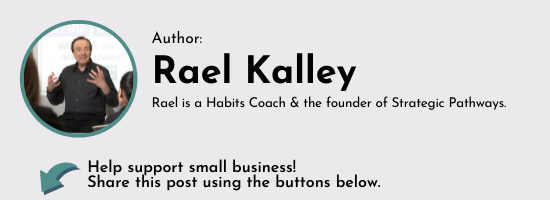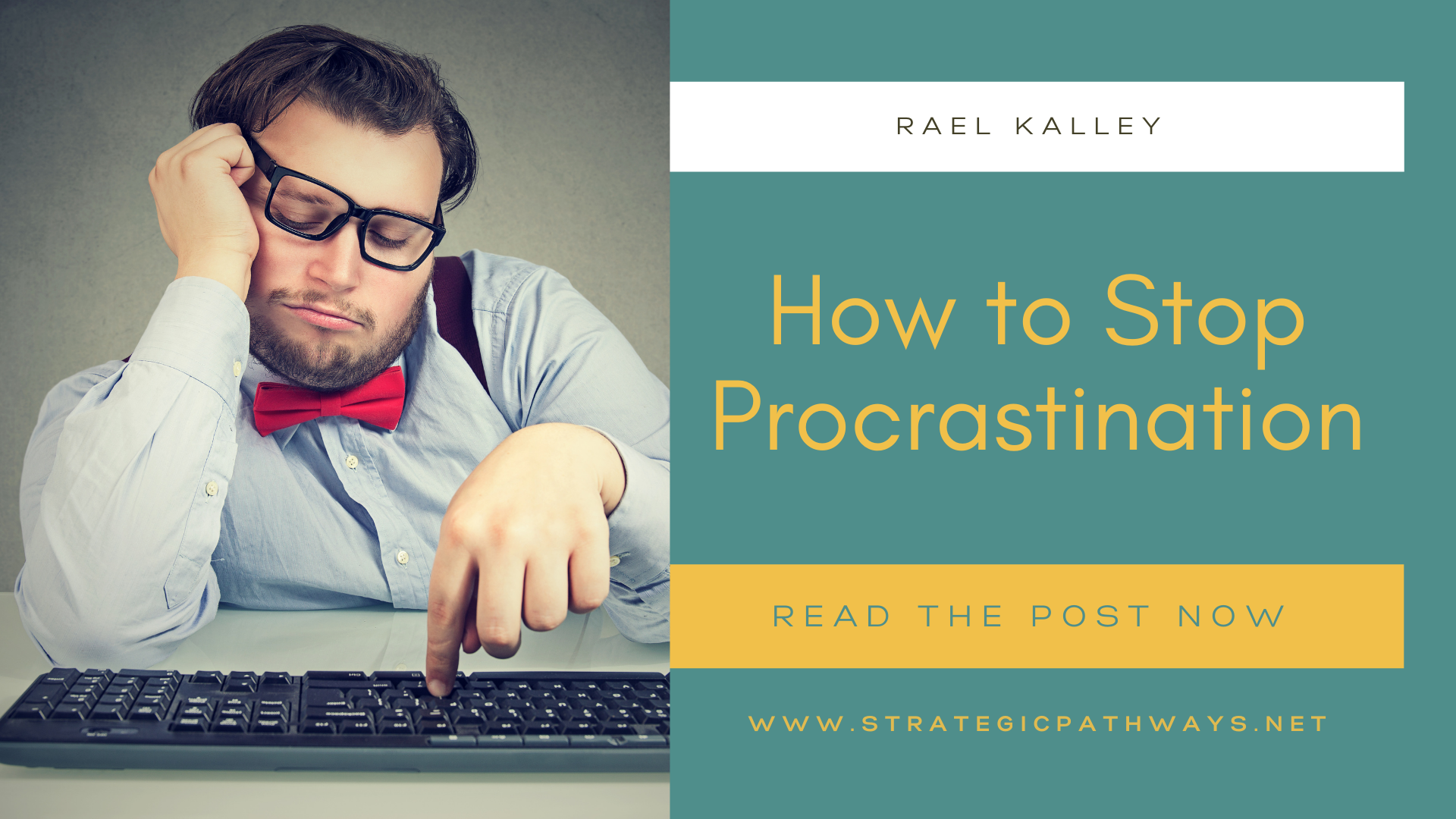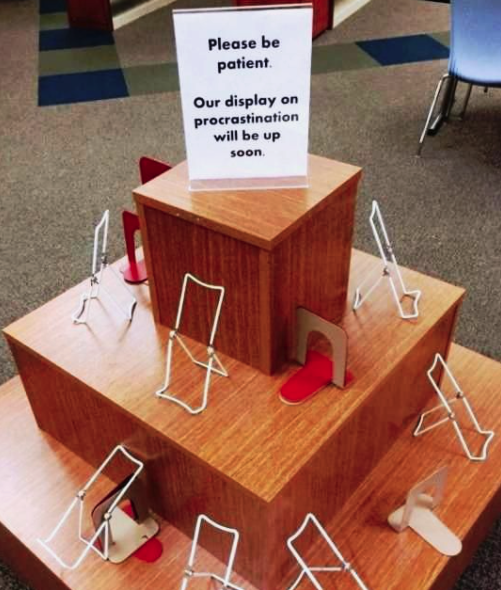For a long time now, I’ve been meaning to write about how to stop procrastination. I’ll get around to it soon, I promise.
Sorry, I couldn’t resist.
In recent weeks, I’ve heard from many people that they’re examining their habit of putting off important tasks until the last minute.
Problem Procrastination
One young friend tells me she will routinely plan an activity or project with the intention of getting it done but never get around to it. Or sometimes, she simply forgets.
This pattern is becoming consistent, she says, and an ongoing source of frustration.
My friend isn’t alone. The tendency to procrastinate has become more common since the pandemic began. According to National Geographic, people are dealing with “quarantine fatigue,” or mental and physical exhaustion caused by constant adjustment to life disruptions caused by the COVID-19 pandemic. The stress, uncertainty and diminishing mental health lead us to put off tasks that seem difficult or unpleasant.
This pattern means procrastination isn’t a time management problem, says Tim Pychyl, author of Solving the Procrastination Puzzle; it’s an emotion-management problem.
There is even a modern phenomenon health researchers have called “Revenge Bedtime Procrastination,” also on the rise during the pandemic. Revenge Procrastination is when we stay up far later than we ought to because we want to maximize the amount of free time in our day to feel in control of our life.
Intention Isn’t Enough
Several thoughts immediately came to my mind as my friend described experiencing this very problem. The first was when she used the word “intention.
Experts tell us achievement begins with setting an intention. This advice seems to imply that once we form the intention to do something, it is as good as done.
There are even entire books dedicated to that premise.
When it comes to getting results, intentions alone aren’t enough. You also need action.
(Click to Tweet)
Results come from what we do, not from what we intend to do. So if you and I were having a meal in a restaurant and I spilled my drink all over you, my tearful apology and repeated declaration that drenching you was not my intention does not alter the fact that you are soaking wet. It’s my action, not my intention, that ruined your meal.
So Why Do We Procrastinate?
Why is it so hard to follow the adage, “Never put off until tomorrow what can be done today” when we know it’s good advice?
It’s because we only ever do one thing. We do what is most important to us in the moment.
For my friend, her desire to shop online or binge-watch a new series on Netflix is more important than sleeping in the moment.She knows that sleep should be the priority, but she won’t suffer for her choice until her alarm goes off the next morning. This fact gives essential insight into how to stop procrastinating.
A Possible Solution
We decide what is essential by assessing whether it will give us pleasure or help us avoid pain. With every little decision, we are doing an instant, subconscious cost/benefit analysis.
To stop procrastinating, you must do the cost/benefit analysis consciously. In other words, if you want to match your behaviour to your intention, you must bring the pain associated with procrastination ahead of the pleasure you get from procrastinating.
You can do this by making a plan to remind you what your ideal outcome is. Then, you need to make “doing the thing” as pleasurable as putting it off. A reliable way of doing this is to reward yourself for fulfilling your intentions. And finally, bring in reinforcements for those days when even a reward isn’t enticing. Hold yourself accountable, and ask your support system to do the same.
Till we read again.



